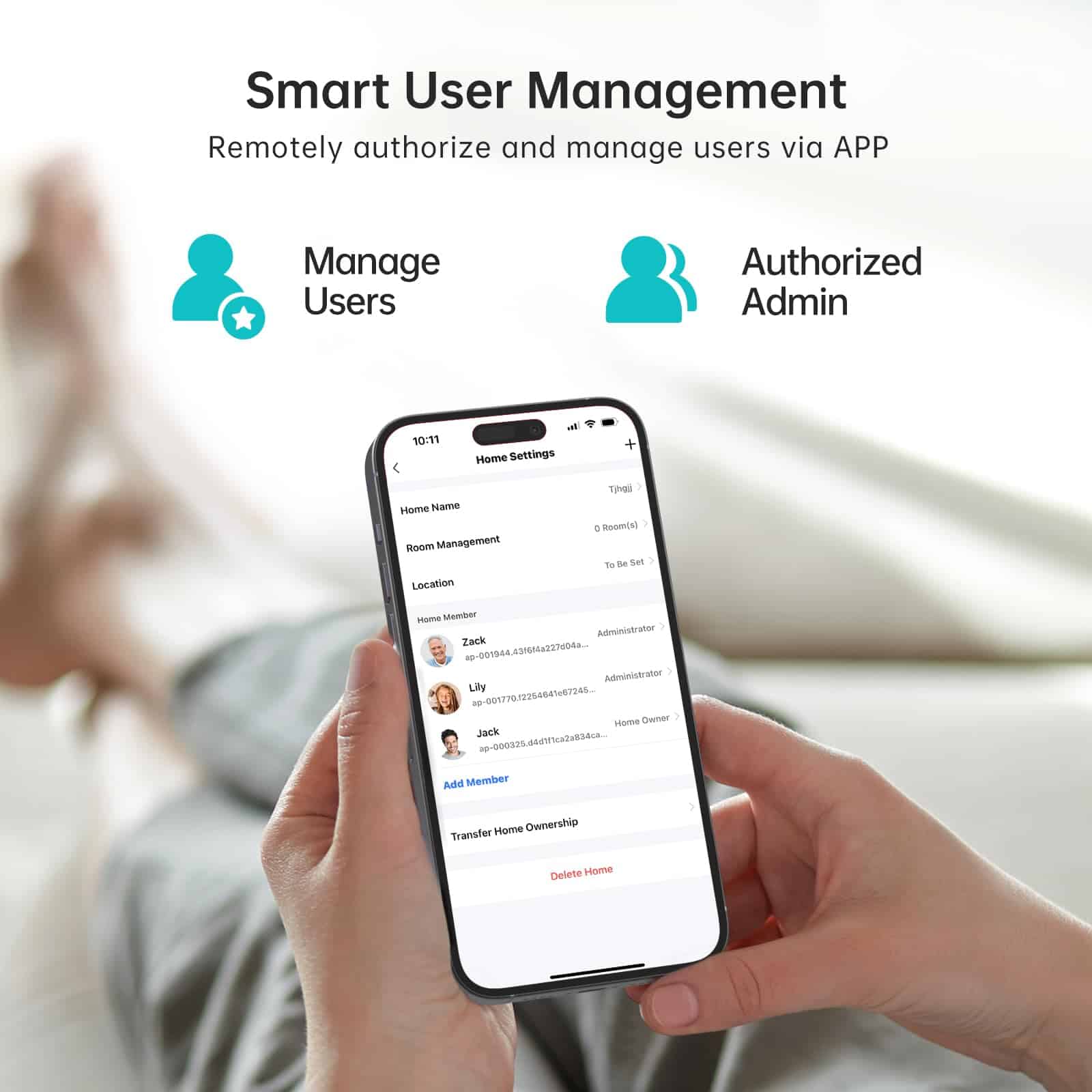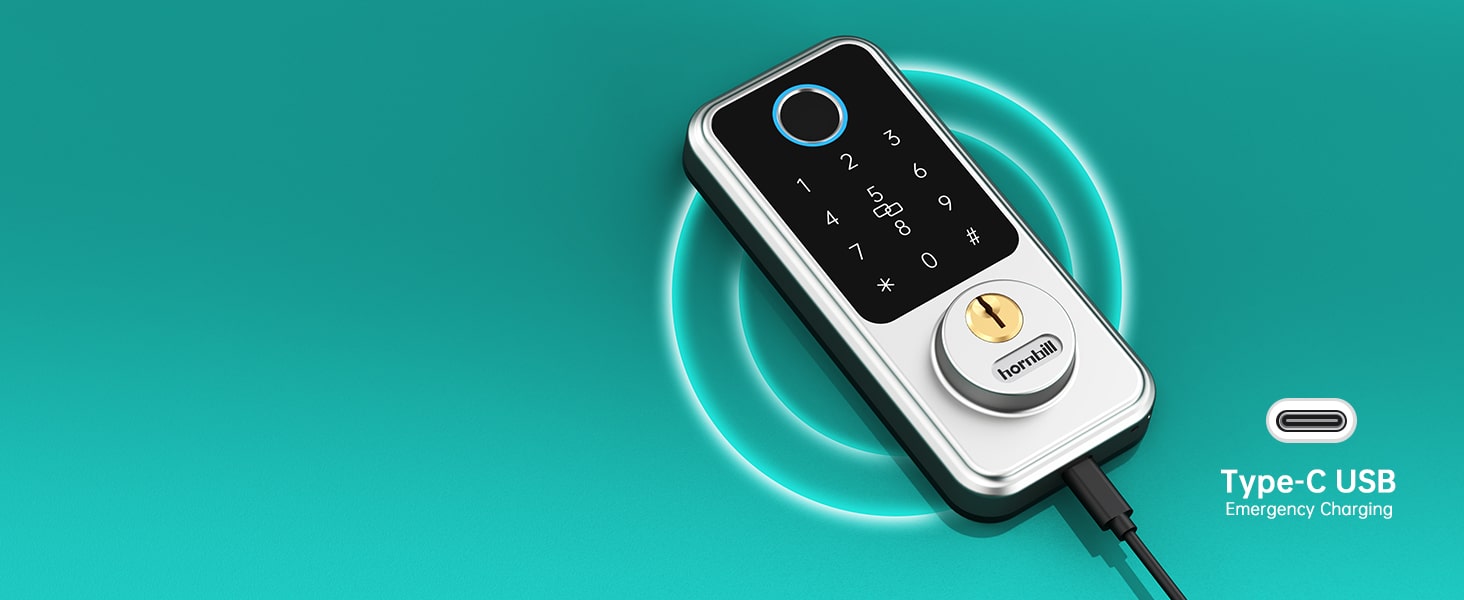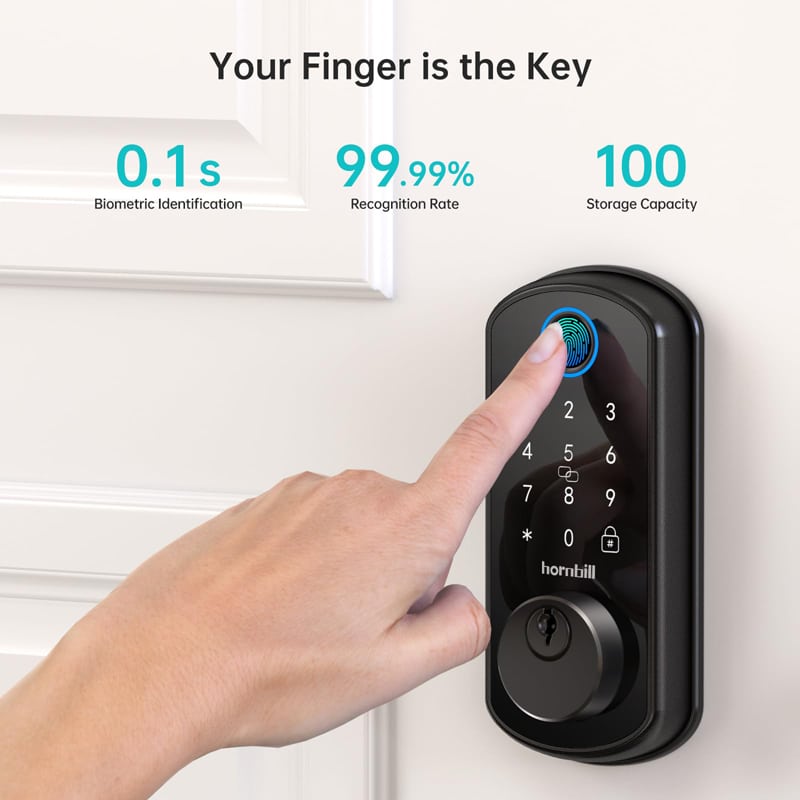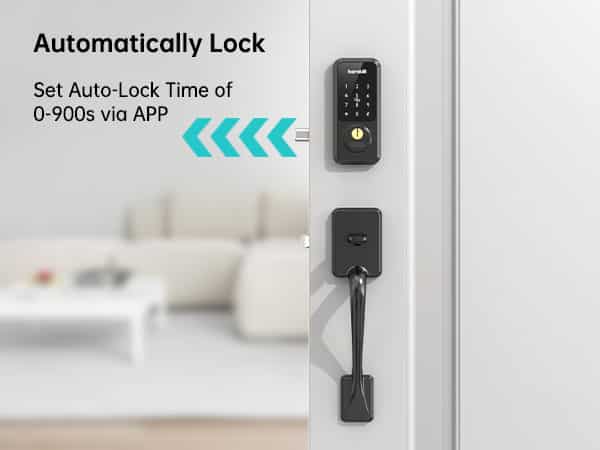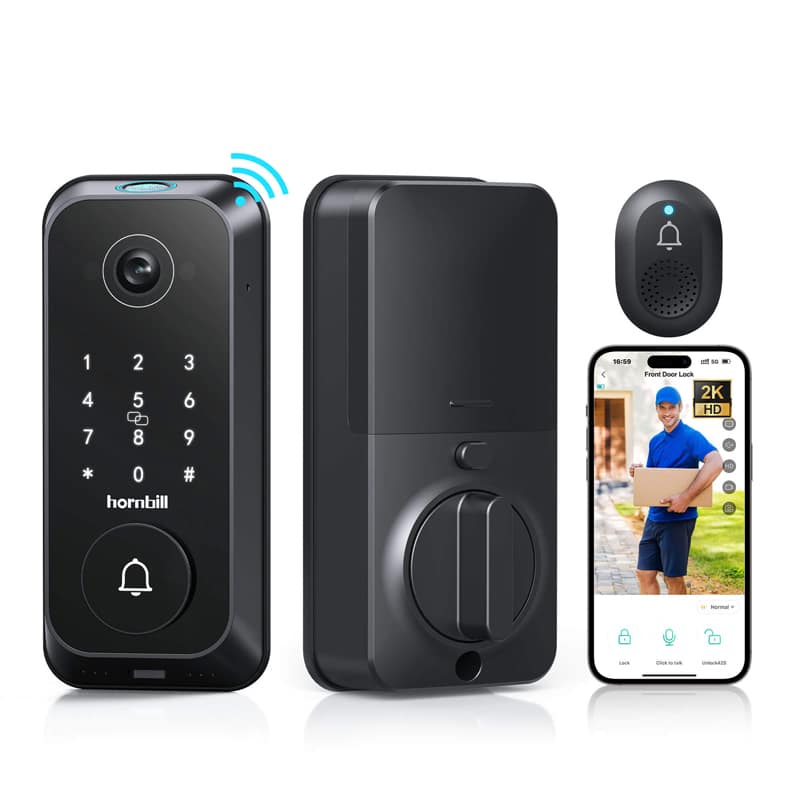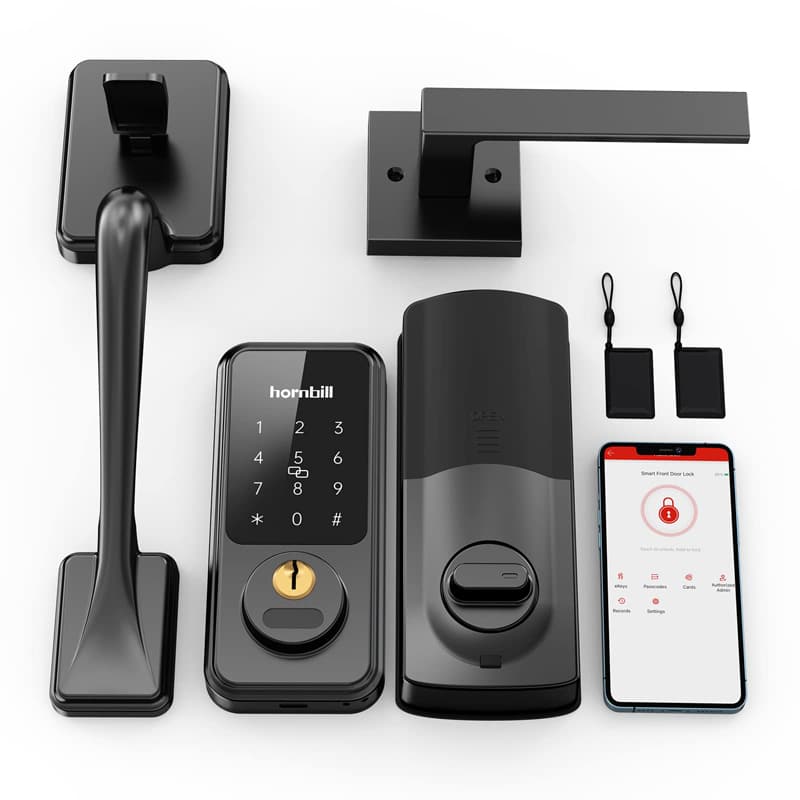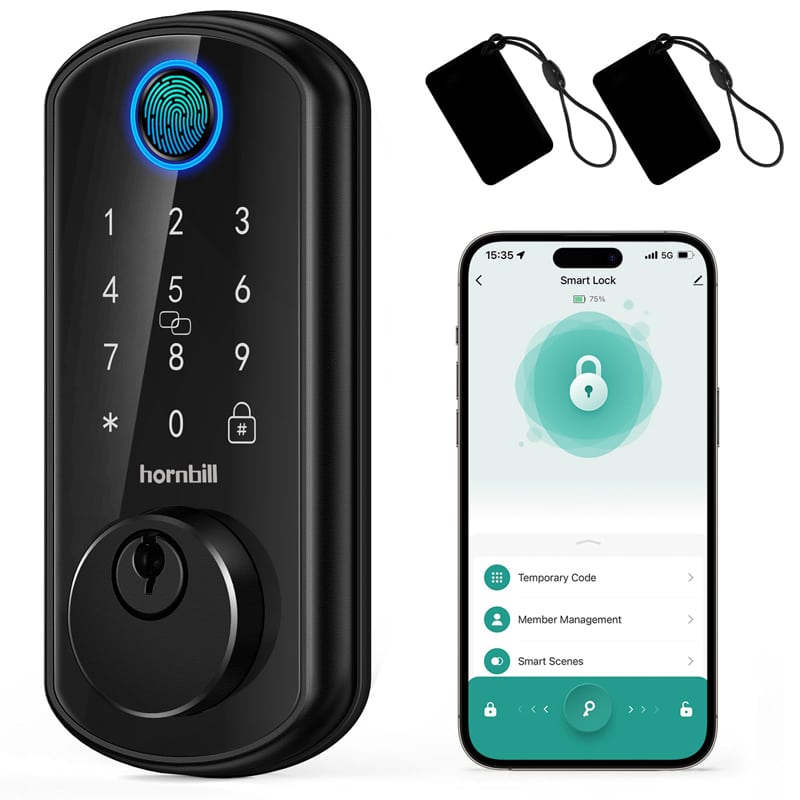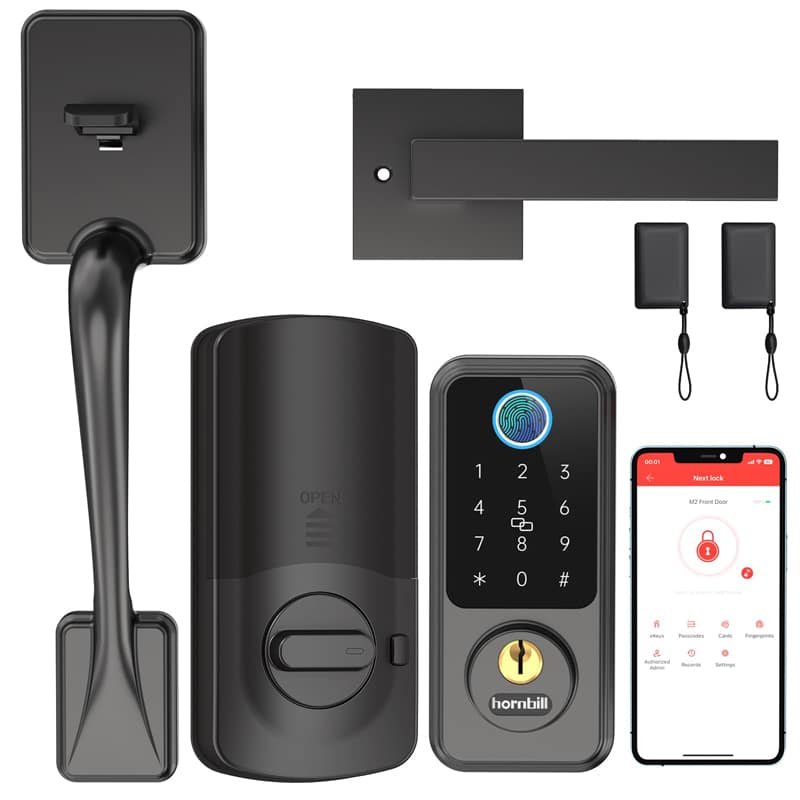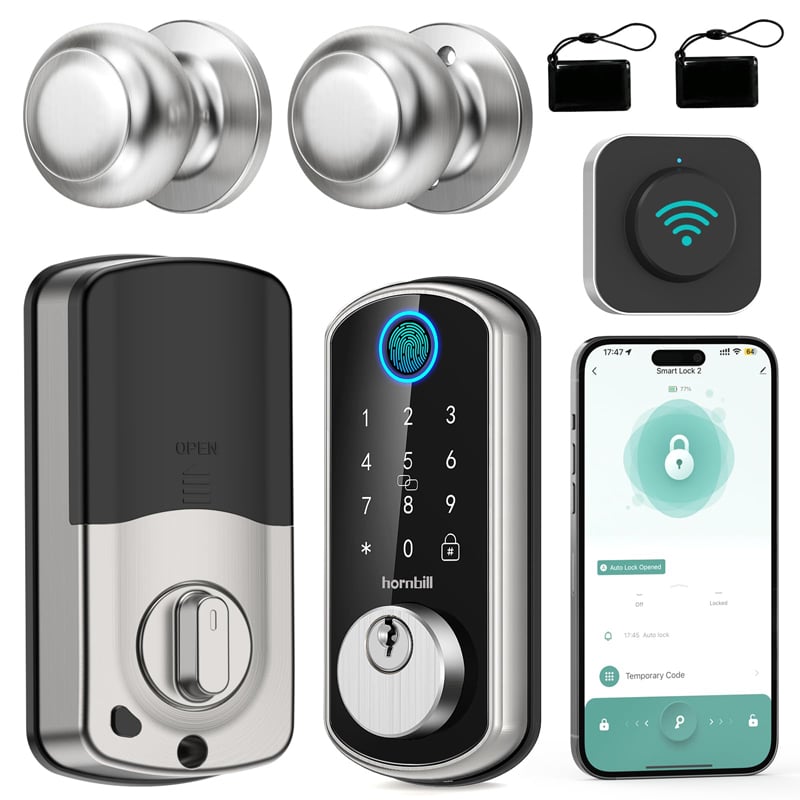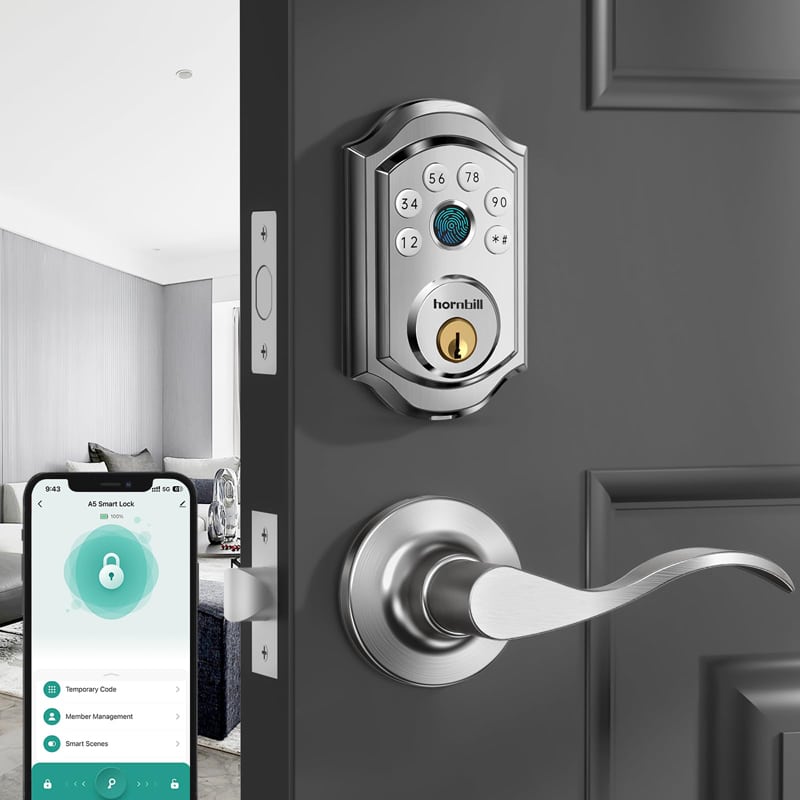In the world of main door lock digital, amongst the numerous benefits they offer such as convenience, control, and enhanced security, sometimes the question arises – “How does one ensure the privacy of the recorded access logs?” This question concerns valid points of data privacy and confidentiality. Let’s delve into these aspects and understand how modern digital locks address such concerns.
The Privacy Predicament with Access Logs
Access log data generated by digital locks could potentially contain sensitive information: the entry and exit times of users, and in some cases, the personal identifiers used to unlock the device, such as phone numbers or access codes.
The Role of Digital Locks in Privacy Protection
Here’s how manufacturers have shaped digital lock technology to keep user data secure and ensure privacy:
Encryption:
Most modern digital locks employ strong encryption methods to secure their data, ensuring the recorded access logs are not easily readable if a third party were to illicitly gain access to them.
Limited Access:
In many cases, access to the logs is given only to authorized individuals. This could be the homeowners in a residential setup or appointed security officials in a corporate environment.
Zero Personal Identifiers:
An digital lock promotion do not store personal identifiers in the logs, but instead use anonymous identifiers. This means that, even when looking at the logs, one cannot determine the specific individual associated with an entry-exit record unless they have access to the mapping of codes to individuals, which would be tightly controlled.
Data Minimization:
Digital lock systems adopt the principle of data minimization, i.e., collecting only the absolute necessary data, and keeping it only for as long as it’s needed.
Secure Networking:
Garden gate digital lock that are part of a smart home system or that provide remote access capabilities use secure networking protocols to protect data in transit from the lock to the user’s device.
The User's Role in Privacy Protection
Secure Access Control:
Users should only share access codes or keys with trusted individuals, and should not write them down in insecure places.
Timely Software Updates:
Users must ensure that they are updating the software of digital locks regularly. These updates often contain security patches that protect against new threats.
Use of Strong, Unique Passcodes:
If the system uses passcodes, it’s important for users to pick strong, unique codes that would not be easily guessed by others.
In conclusion, when it comes to lowe and fletcher digital combination lock and their access logs, privacy is a two-way street. While manufacturers do their part by incorporating privacy-enhancing technologies and principles, users must be conscious and proactive in safeguarding their data. Set in the interplay of advanced technology and responsible usage, digital locks, thus, strike a definitive balance between security and privacy.
Disclaimer: This article provides a general overview of why the US is a favorable market for smart locks. However, this does not guarantee success, as market performance can still be influenced by a variety of factors, including competition, product quality, and marketing strategies.

